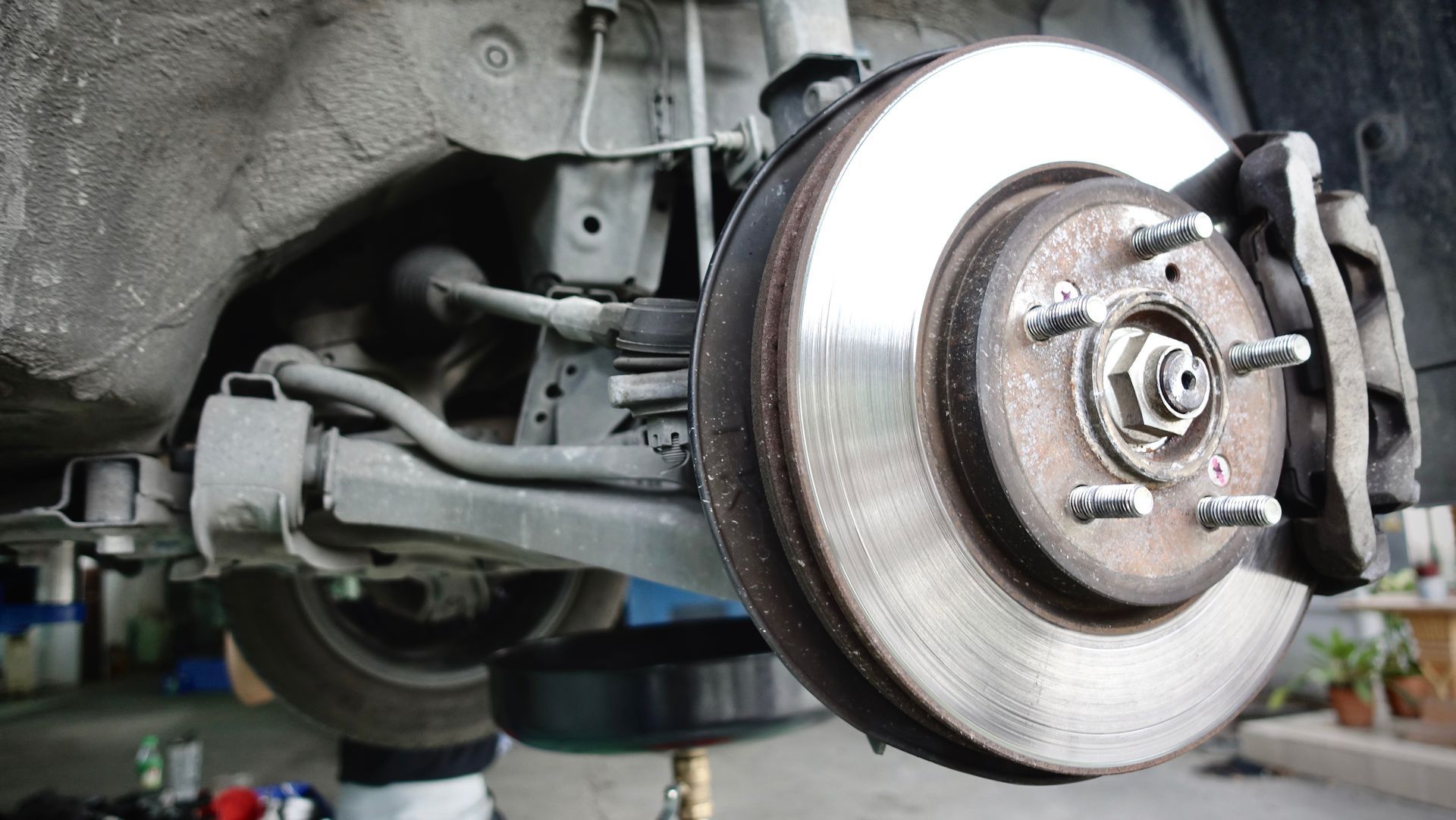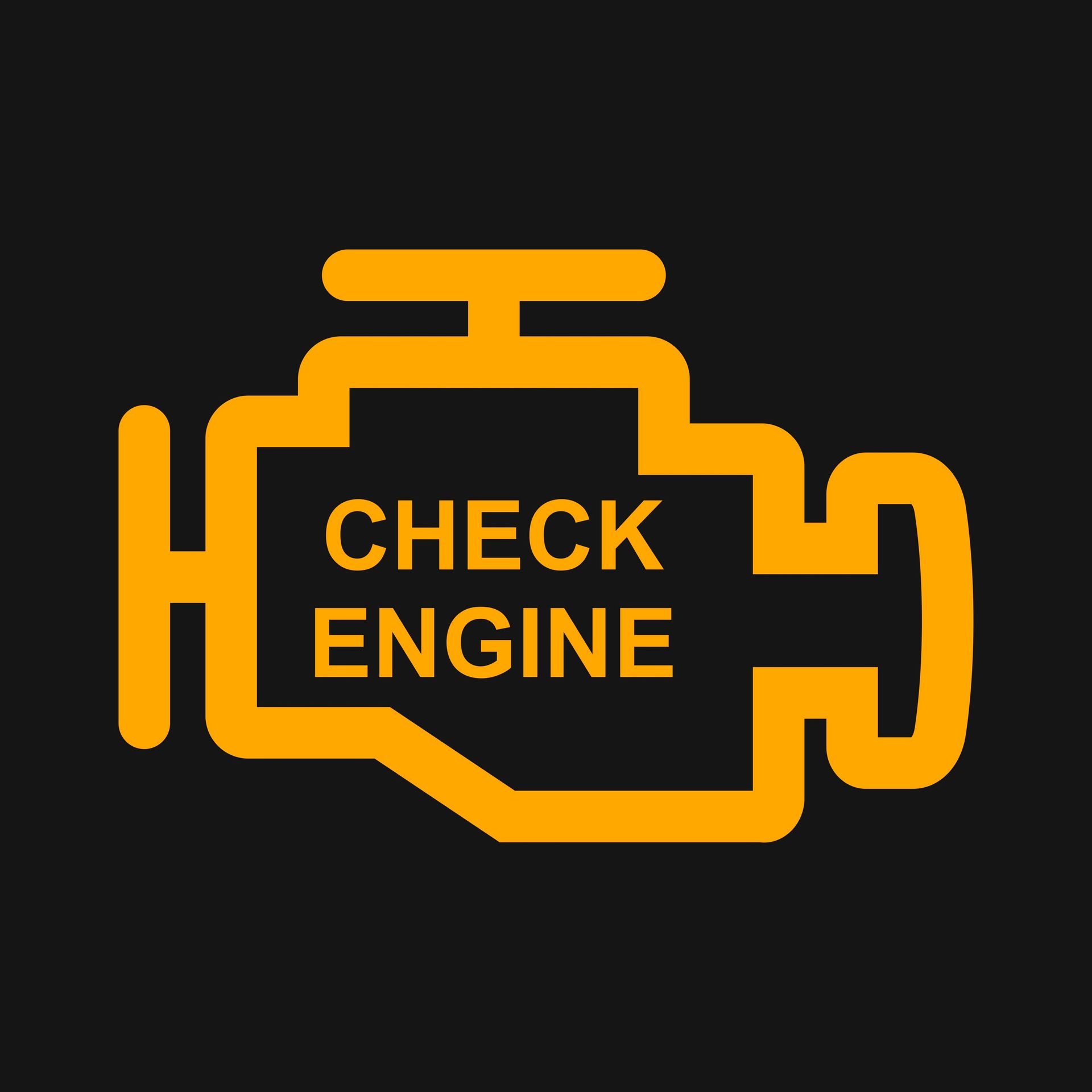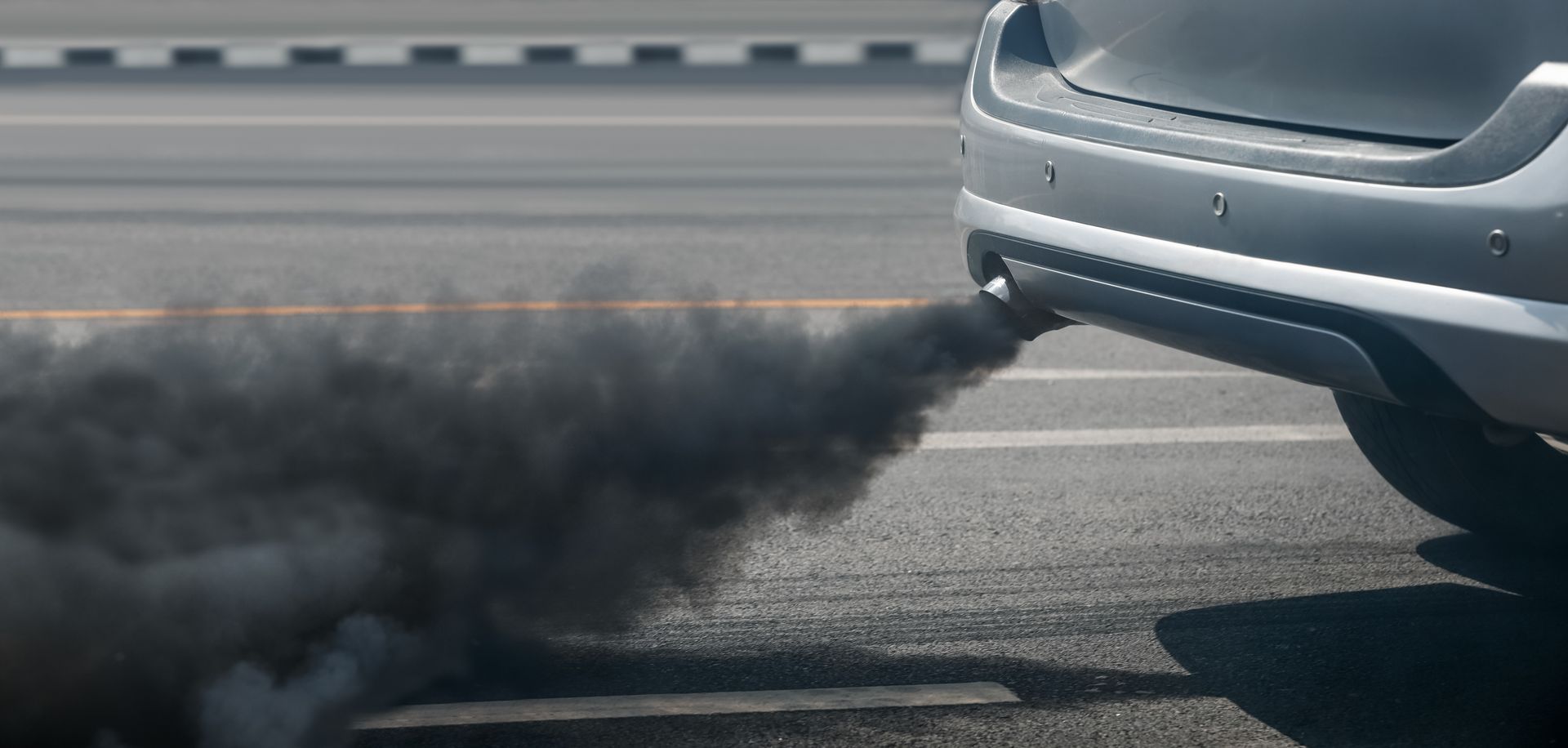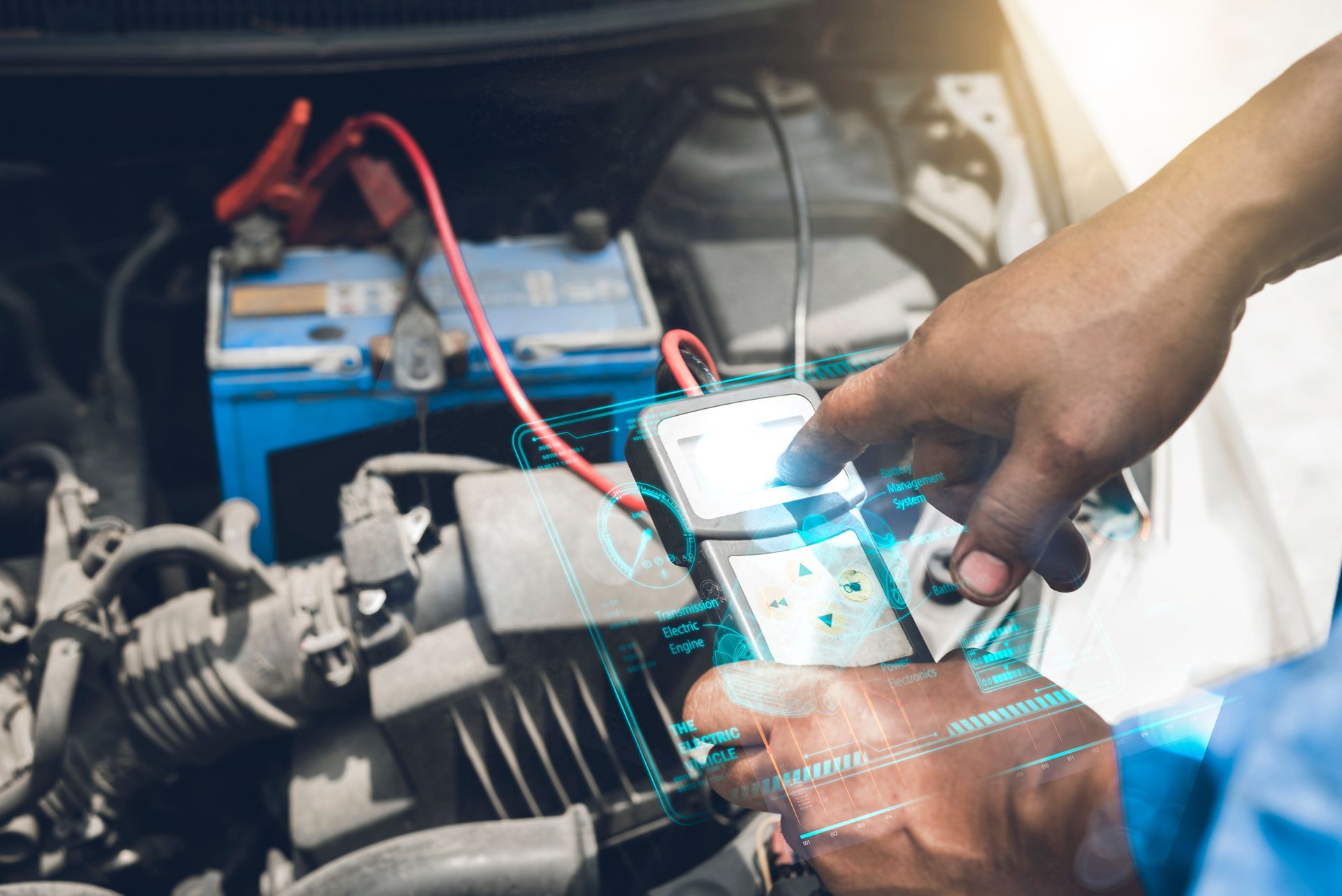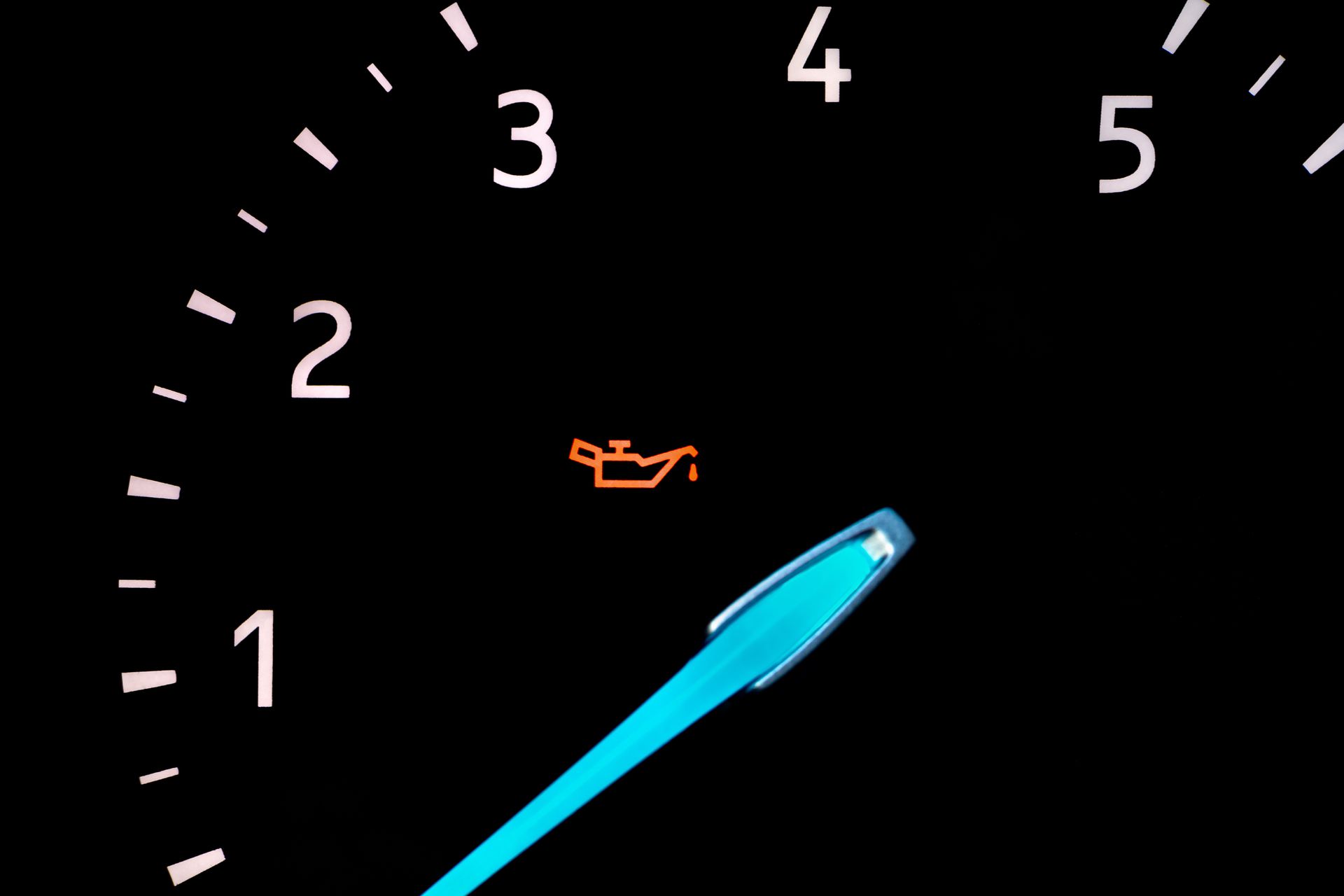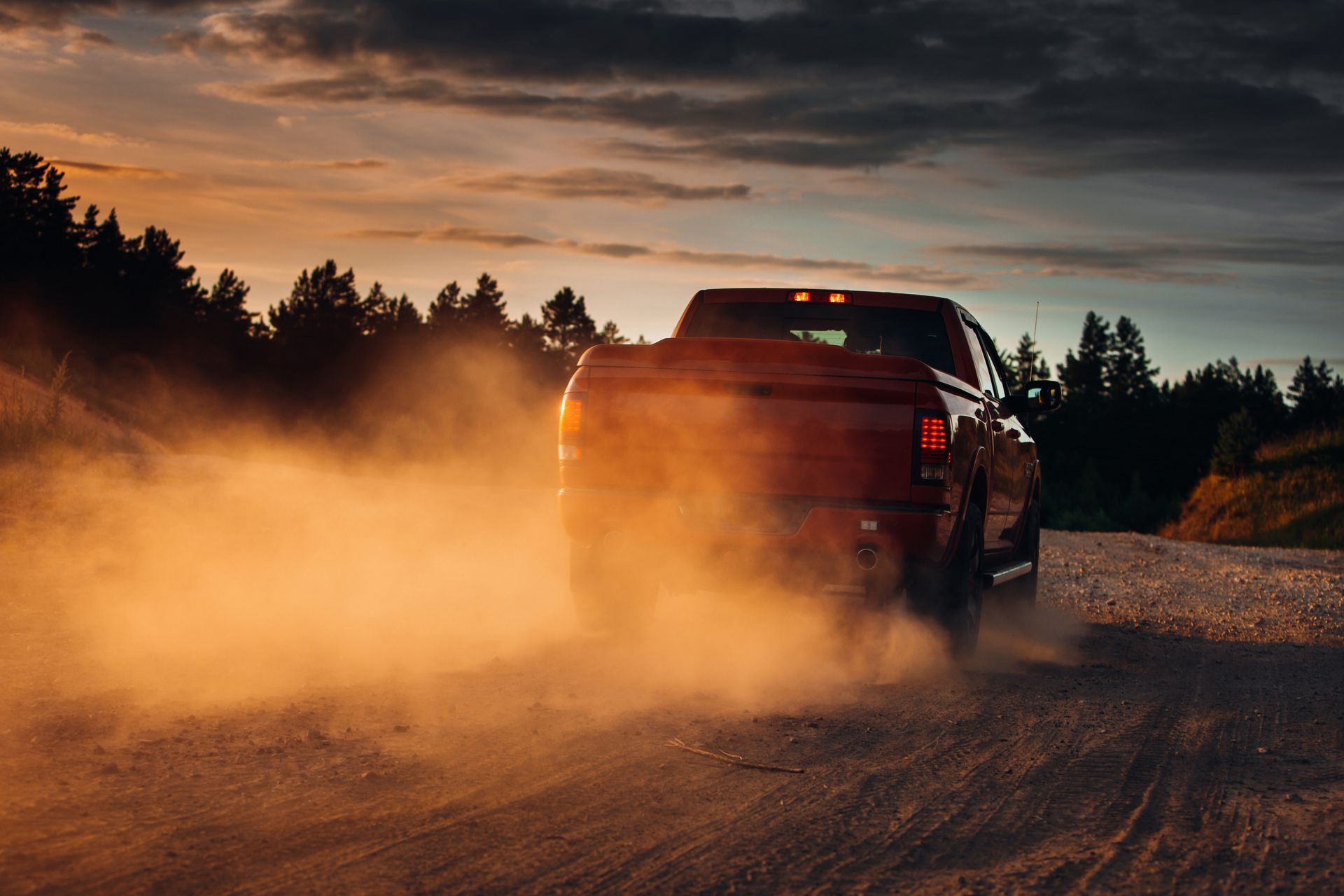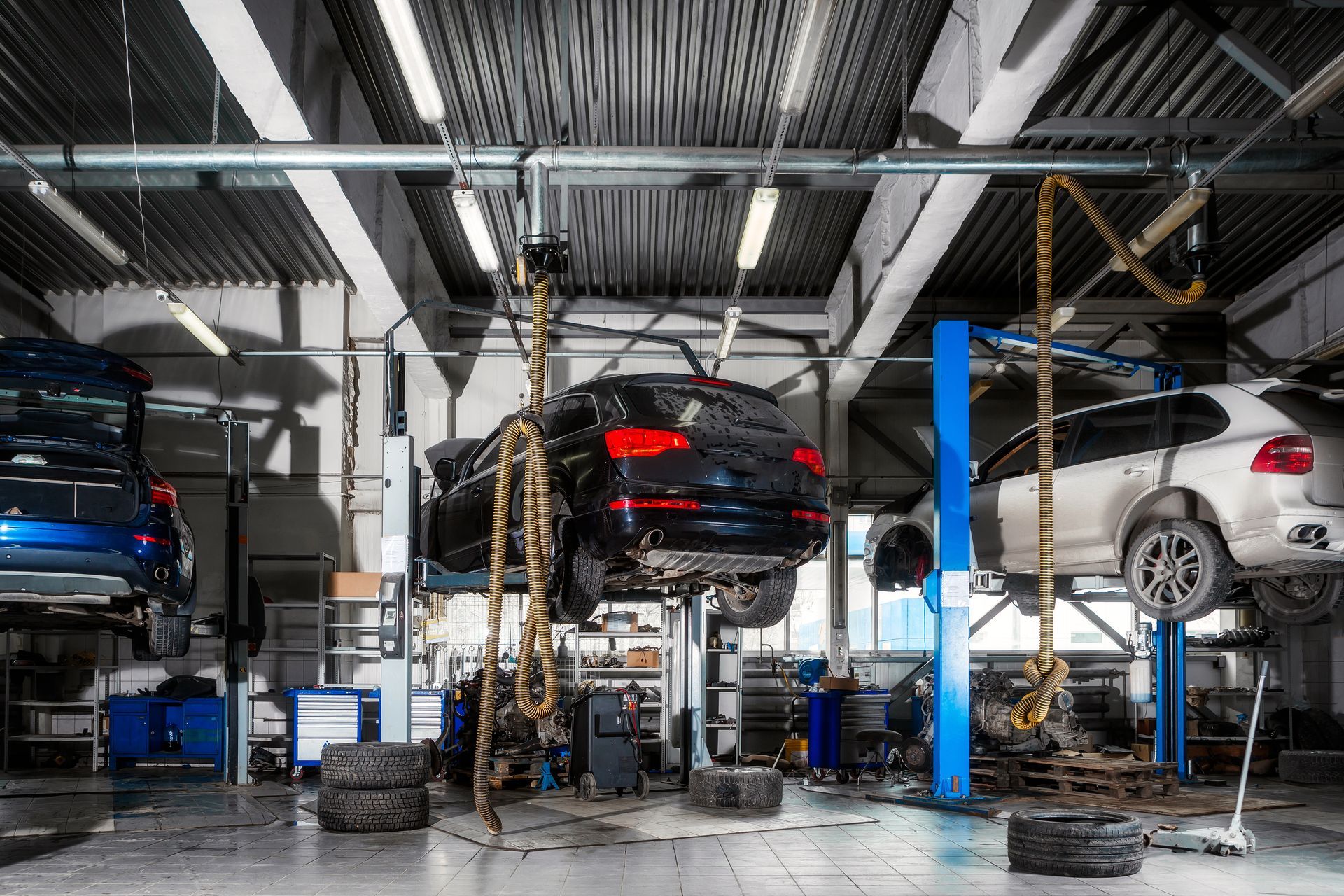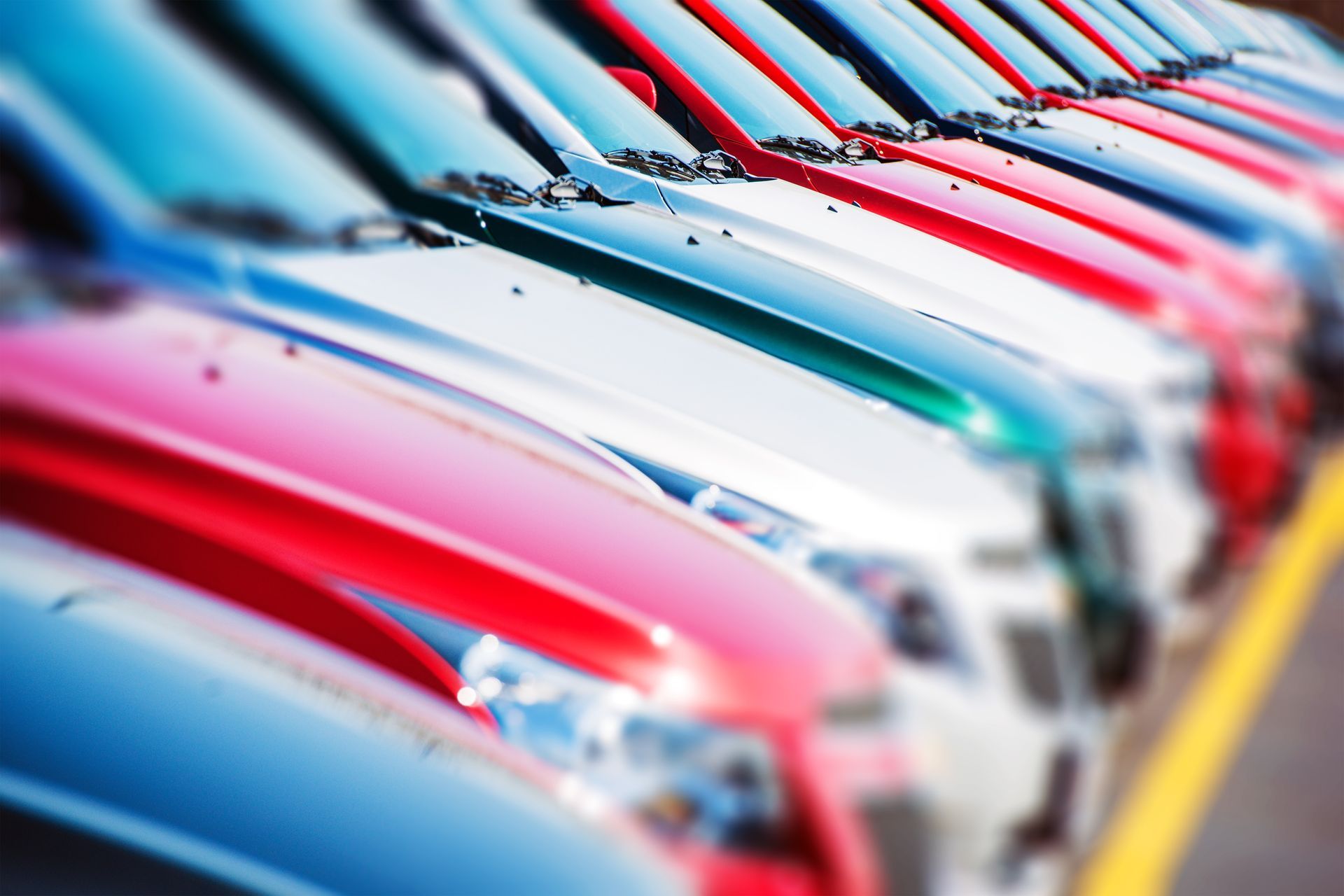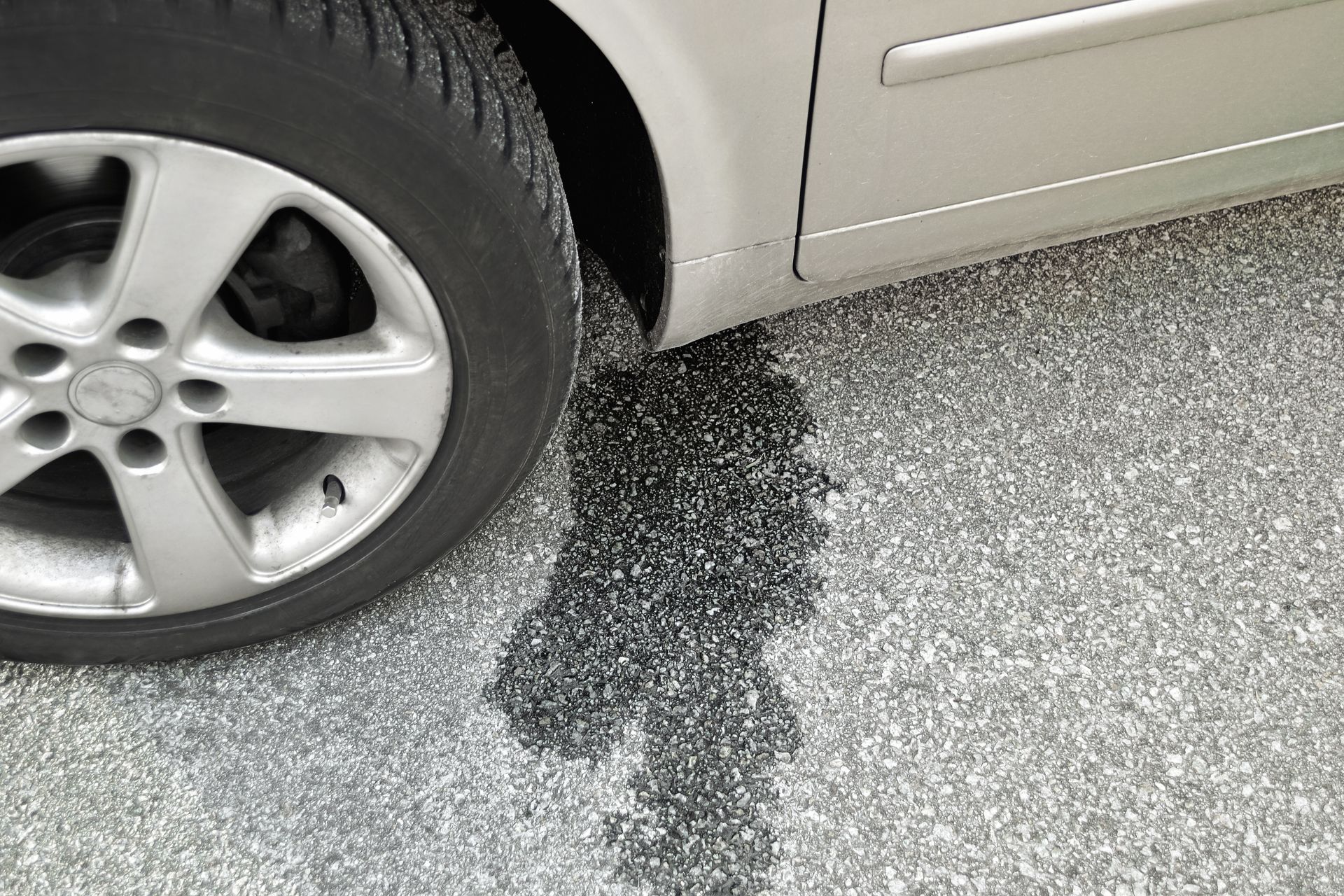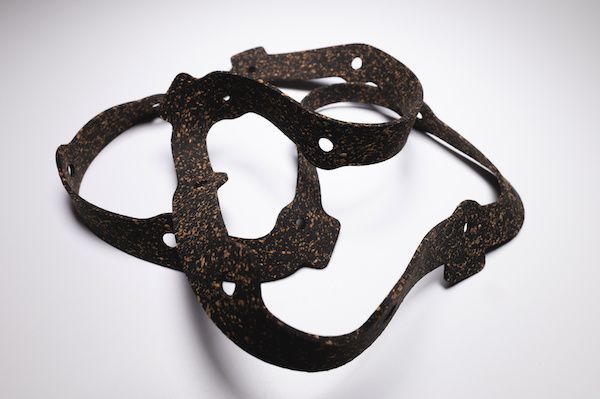
The engine of your car is made up of several parts. From the engine block to the cylinders, spark plugs, and other components. The oil pan is located at the bottom of the block, covering the crankcase and fastened to the engine. This device serves as a reservoir for motor oil, which circulates through the engine to lubricate and cool moving components. The oil pan gasket covers the oil pan to the engine block, preventing oil from escaping as it flows from the pan to the engine and back. However, since oil is always flowing, no vehicle is immune to oil leaks. Oil leaks are often caused by the oil pan or a damaged oil pan gasket. Here's all you need to know about your car's oil pan gasket.
A gasket: what is it?
In general, gaskets are employed as a sealing and cushioning material between two surfaces that are attached by bolts. So, what exactly is an oil gasket? The oil pan gasket, as the description says, seals the region between the oil pan and the engine block to stop oil leaks and keep oil out of places it shouldn't be. The kind of gasket in your vehicle is determined by the material of the oil pan. A formed rubber gasket is used as a gasket in a pressed steel pan, for example, while some sort of liquid silicone is used as a gasket in an aluminum pan. Oil flows via oil ports to lubricate engine components while the engine is operating. The oil is kept in the oil pan, which is joined to the engine block by an oil pan gasket. The gasket's seal allows for expansion and contraction as a result of the engine's heat. The cushion provided by the gasket prevents harm from developing as a result of engine vibrations.
Gasket Types
A few gaskets are installed on your car, including the head gasket and valve gasket. Valve covers, like oil pans, need gaskets to properly seal. Valve cover gaskets are produced from a substance that conforms to the valve cover edges at the cylinder head. This gasket also keeps engine oil from leaking as it passes through valves, camshafts, and other components. The head gasket, which you may be more acquainted with, has a greater duty than the other gaskets since it lines the outside edge of the cylinder head as well as the spaces between the cylinders and the oil and coolant distribution ports. All gaskets, regardless of their location, are made of long-lasting materials such as steel, stainless steel, and an aluminized seal with a rubber covering. They must be sturdy to resist such circumstances since they are employed to prevent leaks and are regularly subjected to extreme pressure and heat.
Bring your car into Kwik Kar Auto Repair now if you need oil pan gasket repair!
